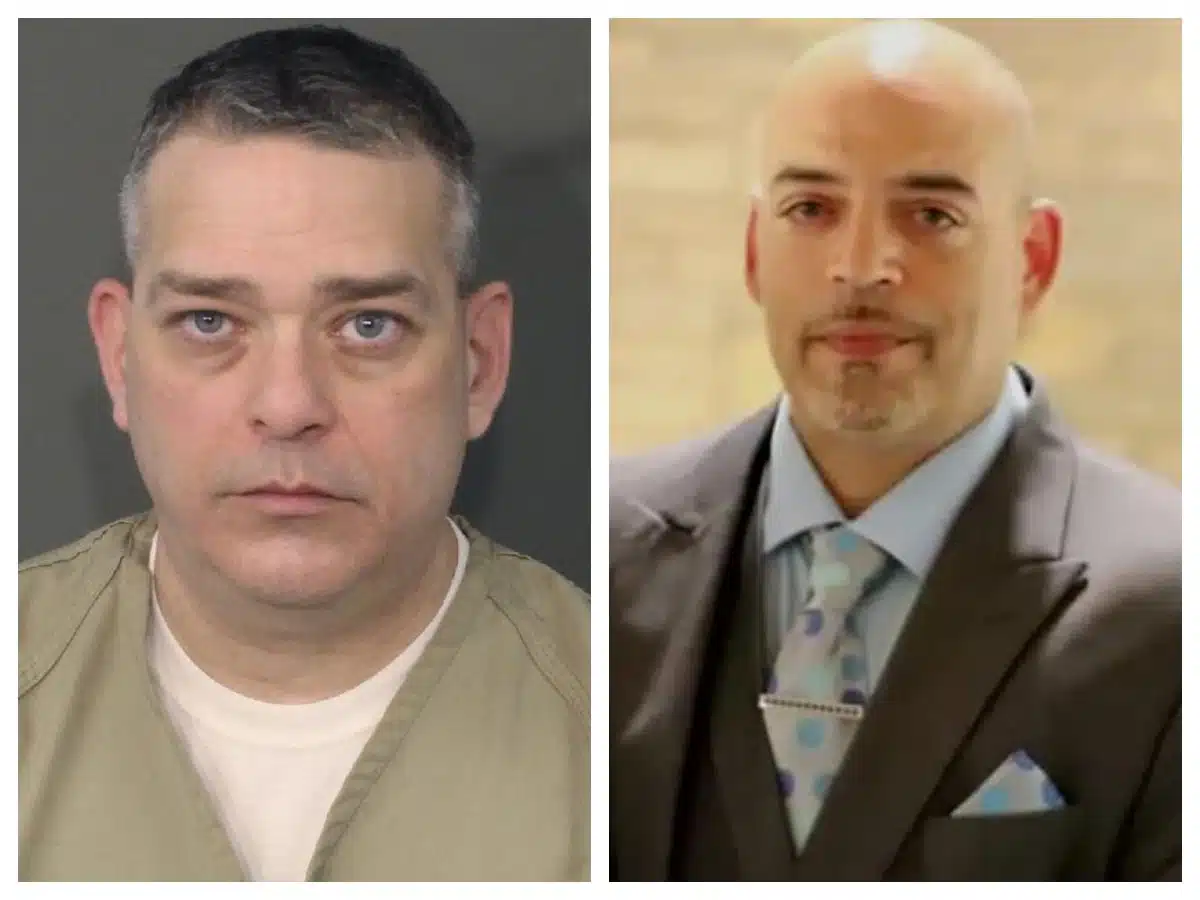Former Columbus police officer Adam Coy was convicted of murder Monday for the fatal shooting of Andre Hill, an unarmed Black man who was holding only a cellphone and keys when he was killed in December 2020. The verdict marks a significant moment in the ongoing national conversation about police use of force and racial justice.
The jury found Coy, a White officer who served nearly two decades with the Columbus police force, guilty of murder, reckless homicide, and felonious assault. The conviction carries a minimum sentence of 15 years in prison, with the sentencing scheduled for November 25. The verdict came after a trial that exposed the tragic circumstances of a routine police call that ended in death, and highlighted the split-second decisions that can forever alter lives.
The fatal encounter unfolded when Coy responded to a complaint about a running vehicle in a Columbus neighborhood. He first encountered Hill sitting in an SUV, where Hill explained he was waiting for a friend. The situation escalated after Hill walked to a nearby house, knocked on the door, and entered the garage. According to police body camera footage, Hill emerged from the garage holding a cellphone in his left hand, with his right hand not immediately visible. Within seconds, Coy fired four shots, fatally wounding Hill.
During emotional testimony, Coy claimed he believed Hill was holding a silver revolver. “I thought I was going to die,” he told jurors, describing the moments before he pulled the trigger. It was only after rolling over Hill’s body that Coy realized the alleged threat was merely a set of keys. “I knew at that point I made a mistake. I was horrified,” he testified.
The prosecution, led by Franklin County Assistant Prosecutor Anthony Pierson, effectively dismantled Coy’s defense by highlighting how Hill had followed police commands and never posed a genuine threat. “We’re taught do what the cops tell you to do and you can survive that encounter,” Pierson argued during closing statements. “That’s not what happened here.”
The case gained additional notoriety due to the approximately ten-minute delay before officers began rendering aid to Hill, who lay bleeding on the garage floor. He was later pronounced dead at a hospital. This delay would later prompt significant policy changes in Columbus, including the passage of Andre’s Law, which mandates immediate medical attention for injured suspects.
The ripple effects of the shooting extended beyond the courtroom. In its aftermath, Columbus saw the departure of its police chief, and the city reached a record $10 million settlement with Hill’s family. The case has become a catalyst for police reform in Columbus and has drawn national attention to the ongoing issue of police violence against Black Americans.
Hill’s death particularly resonated within the Columbus community because of who he was – a 47-year-old father and grandfather known for his dedication to family and his culinary ambitions. Friends and family described him as a skilled tradesman who dreamed of opening his own restaurant after years of working as a chef and restaurant manager.
The verdict has elicited strong reactions from various stakeholders. Brian Steel, president of the Columbus police union, expressed shock at the murder conviction, warning of its potential implications for law enforcement nationwide. “Your split-second decision can now be led to murder,” he said. “It is absolutely insane.” Steel emphasized that while officers are willing to die for their communities, “they do not want to go to prison for this job.”
Civil rights attorney Ben Crump, who represented Hill’s family, celebrated the verdict as a victory for accountability in law enforcement. “Andre was an unarmed, innocent man, and his life was taken with disregard for the duty to protect and serve,” Crump stated.
The conviction is particularly noteworthy given Coy’s history within the department. His personnel file revealed more than three dozen complaints from residents since 2002, including twelve for use of force. However, most of these complaints were marked as “unfounded” or “not sustained.”
Hill’s sister, Shawna Barnett, expressed hope that the verdict would serve as a deterrent against future police violence. “It’s been way too long, but I’m glad it’s over,” she said. “It’s time to stop. It’s time to make everything fair.”
The case has become a powerful symbol in the ongoing national dialogue about police reform and racial justice. As cities across America grapple with similar issues, the conviction of Adam Coy may serve as a precedent for future cases involving police use of force. While the verdict cannot bring Andre Hill back to his family, it represents a significant step toward accountability in law enforcement and may help shape the future of policing in America.



